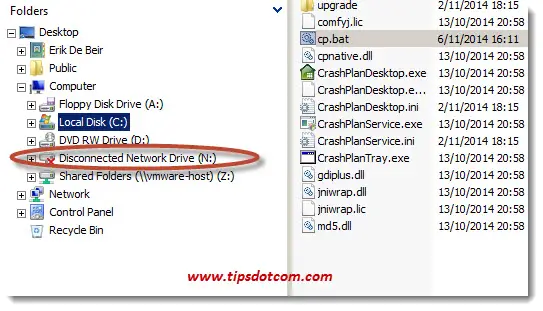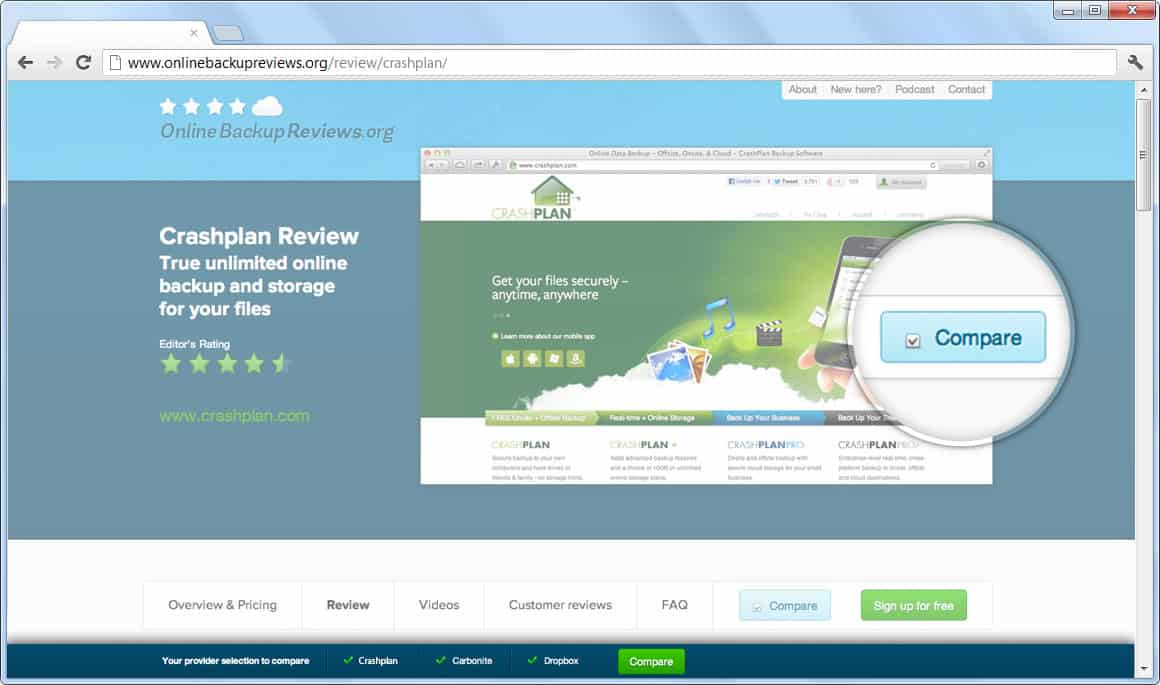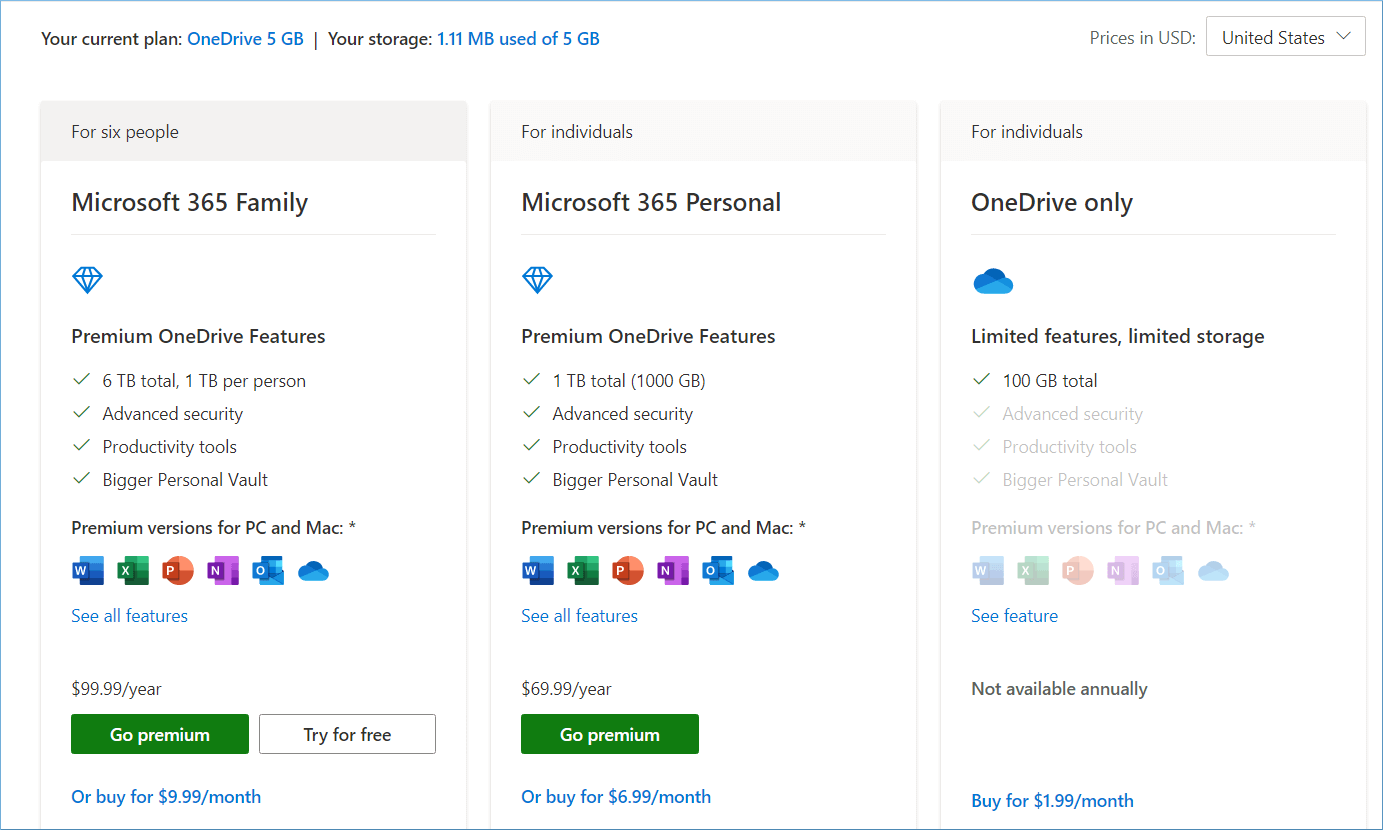
So what's Microsoft answer to this? Make OneDrive worse than iCloud! Imagine how OneDrive is going to look if Apple next year decides to upgrade the free-tier iCloud space.Īnd downgrading the space for existing users is another terrible move. And these two don't include OneDrive you have to entice Android and iOS users to download and use the OneDrive app by offering something more than the built-in apps. The marketshare of Windows Phone, the only OS that includes OneDrive tightly integrated, is irrelevant compared to Android and iOS. You have this product, OneDrive, and one of the purposes is backing up all your photos and video, especially from mobile phones. Related note: It's scary how often we notice problems that occurred internally within Microsoft's hosted environment - just start looking at the full email headers of emails from Microsoft's outlook / O365 domains and you'll notice a disturbingly large number that have spent time bouncing around their internal mail servers due to poorly configured / managed DNS and mail relays.

What's more - it's not just us, I've heard from many small to medium businesses that experience the same poor performance, it seems for every one person that says 'oh we never have problems.' I find 5 people that are dissatisfied or worse - have already left for an alternative or on-premises product. Last year we measured at O365 availability at an embarrassingly poor 78% while the number of times Microsoft acknowledged problems on their service status page was less than 1/20th of the number of times an outage occurred.

Microsoft's cloud offerings have been plagued by outages and extended periods of unavailability across the O365, exchange and sharepoint online servers. I could understand this if quality was improving over time but we haven't found that to be the case either. In recent years we've watched O365 'benefits' for non-profits / charitable organisations be targeted and reduced several times while competitors offerings have remained the same or increased.

This has been a very common 'bait and switch' tactic from Microsoft over the years.


 0 kommentar(er)
0 kommentar(er)
